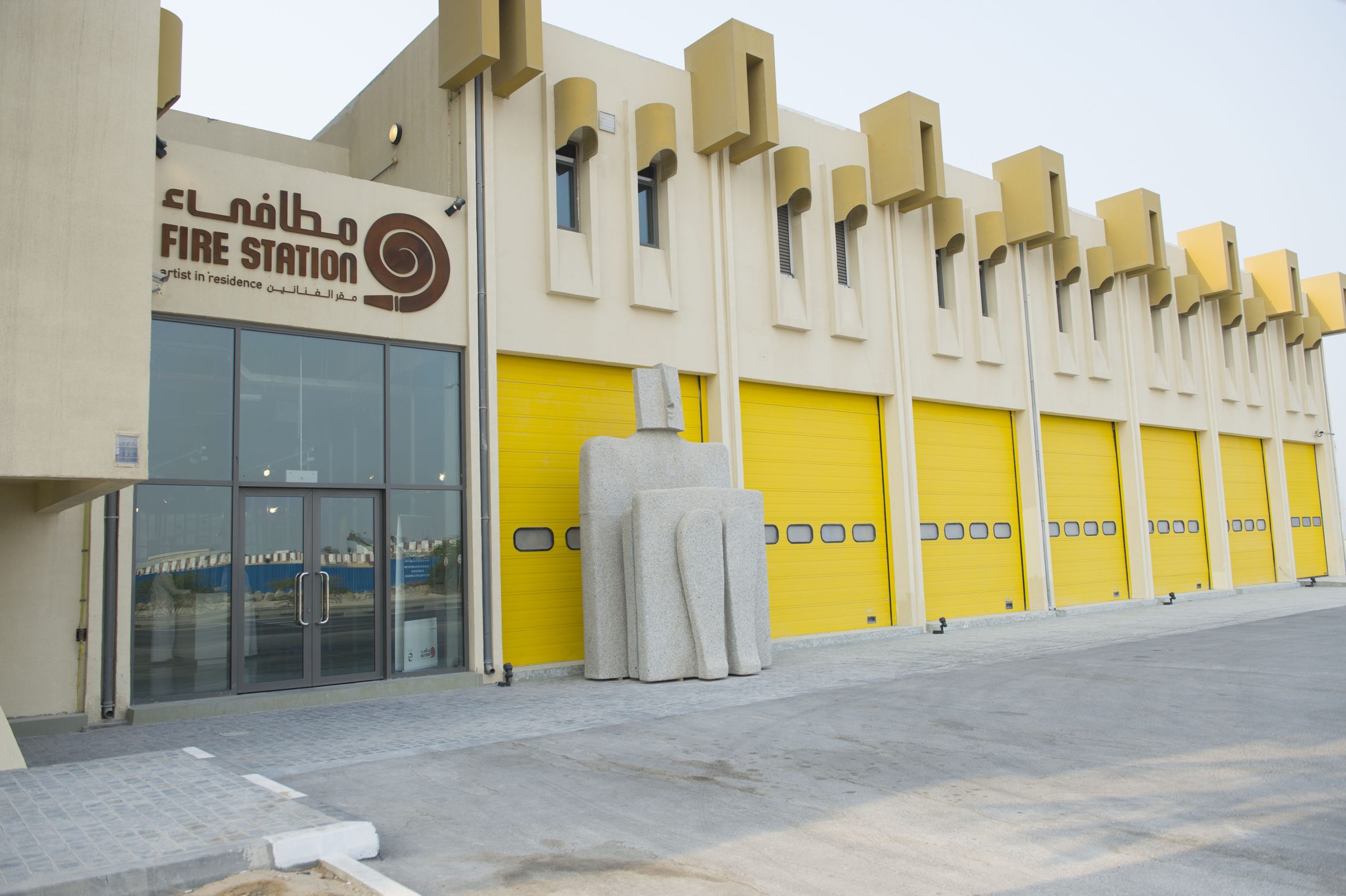
With food wastage becoming a tremendous problem in Qatar and the rest of the Gulf, various organizations here have been trying to come up with ways to ameliorate the situation.
That includes charity efforts to recover uneaten food during Ramadan, and most recently, a hotel program to reduce wastage among staffers.

Earlier this month, Intercontinental Doha – The City hotel held its first “No Bin Day” as part of its company’s Green Engage program.
The initiative aimed to raise awareness and cut food waste in the employee cafeteria in half, from the usual 10kg to 5kg per meal.
Like many restaurants in Qatar, the Intercon offers buffet meal options. But buffets are a main contributor to the country’s food wastage, as people tend to load up more food on their plate than they can eat.
Through “No Bin Day,” the hotel is trying to encourage its staffers to be more conscious about the portions they are taking, organizers said.
Throughout the day, signboards and presentations delivered statistics to employees, reminding them of the domestic and global epidemic of hunger and food waste.
In a statement, Desiree Anne Tato, hotel nurse and “No Bin Day” advocator, said:
“We did a lot of research about the problem of food wastage around the world and in learning that one-third of the world’s food production ends up in the trash, we knew we had to do something at our hotel to help change that. It’s a first step and we are thrilled with the support we received from our colleagues in this initiative.”
According to organizers, some five bags of trash containing food waste are usually filled in the staff cafeteria after each meal, but on “No Bin Day,” only around two bags were filled.
The Intercon said that it plans to regularly hold the event. But a spokeswoman said for now, the initiative is focused only internally. She added that discussions are ongoing about how to reduce food wastage throughout the hotel, and that staff has been consulting with a local environmental group to talk sustainability.
By the numbers
More than 150 million tons of food waste is generated each year in the Middle East, but it’s the Gulf countries that significantly contribute to this figure.
Qatar, Bahrain, Saudi Arabia, the UAE and Kuwait have been listed in the top 10 countries in a global index in terms of per capita solid food waste.
Qatar alone has one of the highest per capita food wastes in the world, which ranges from 1.6 to 1.8kg per day. And, with the way that things are going, Qatar’s wastage is expected to see an annual growth rate of 4.2 percent by 2032, according to Qatar Development Bank.
Qatar authorities have also been seen to step up and respond to the country’s high food wastage through the hosting of workshops and advertising.
But advocates say a stronger focus on education and awareness from the ground up is still needed.
Speaking to Doha News last month, Mohammed Abdulaziz Khalil, cofounder of EcoMena, an organization that tries to foster environmental awareness across the region, said:
“We don’t see any official campaigns or programs trying to ease the challenge or solve it. On the waste management side, there are some initiatives, but they’re more focused on a macro level rather than coming down to the society to help people understand the damage or how to resolve the challenges we have.”
Thoughts?







